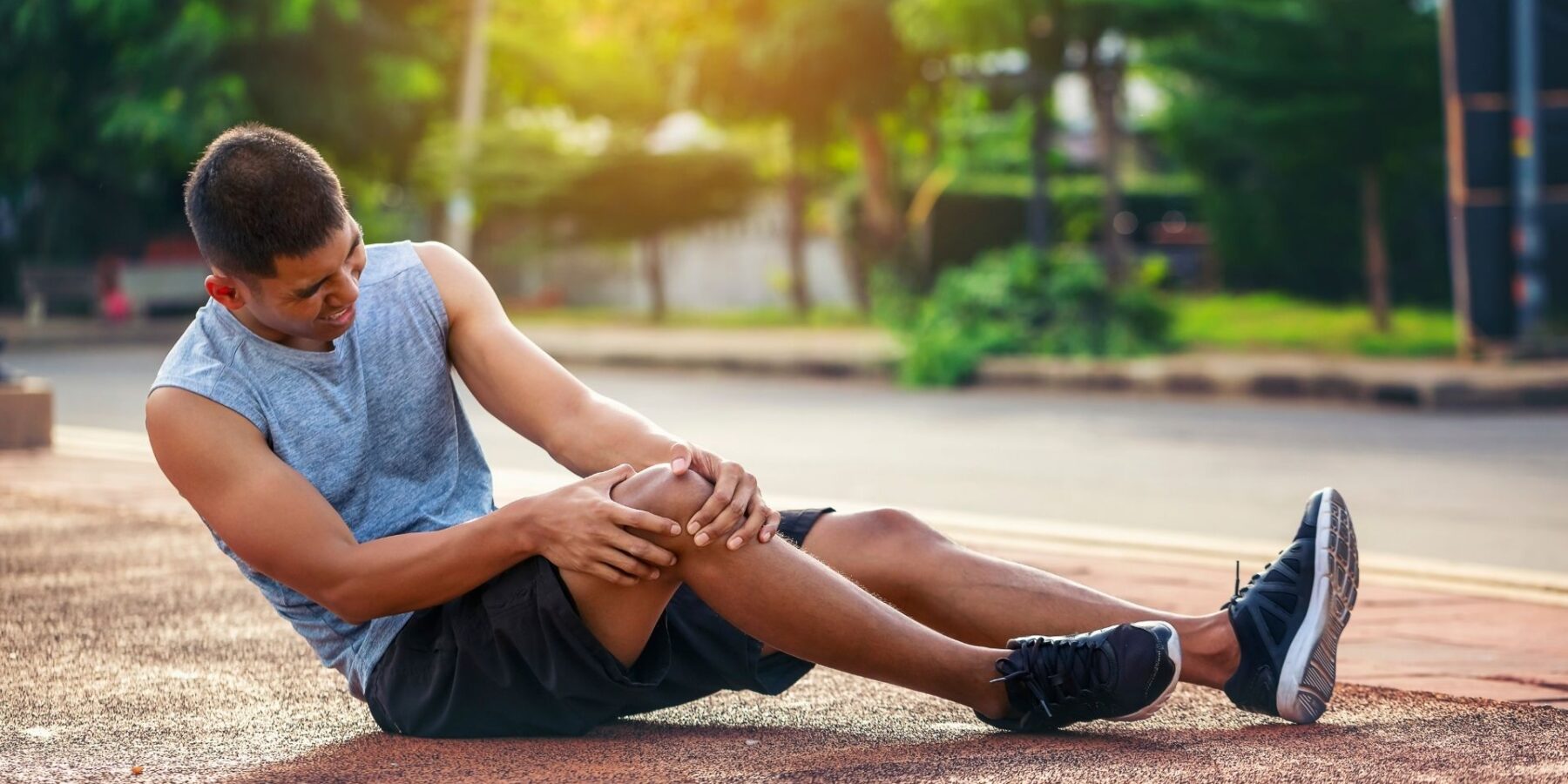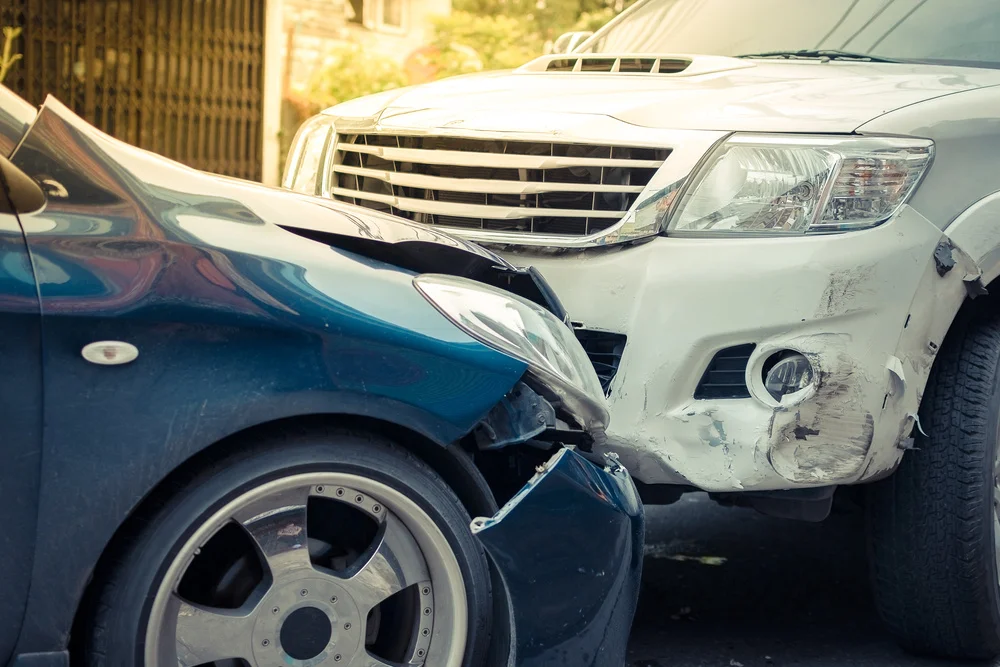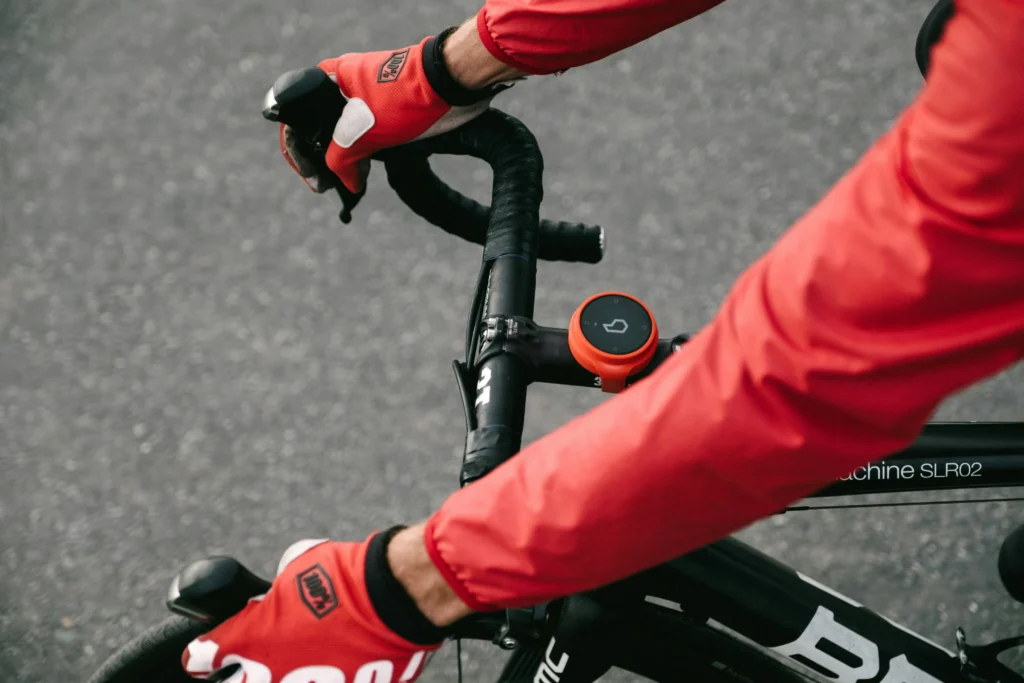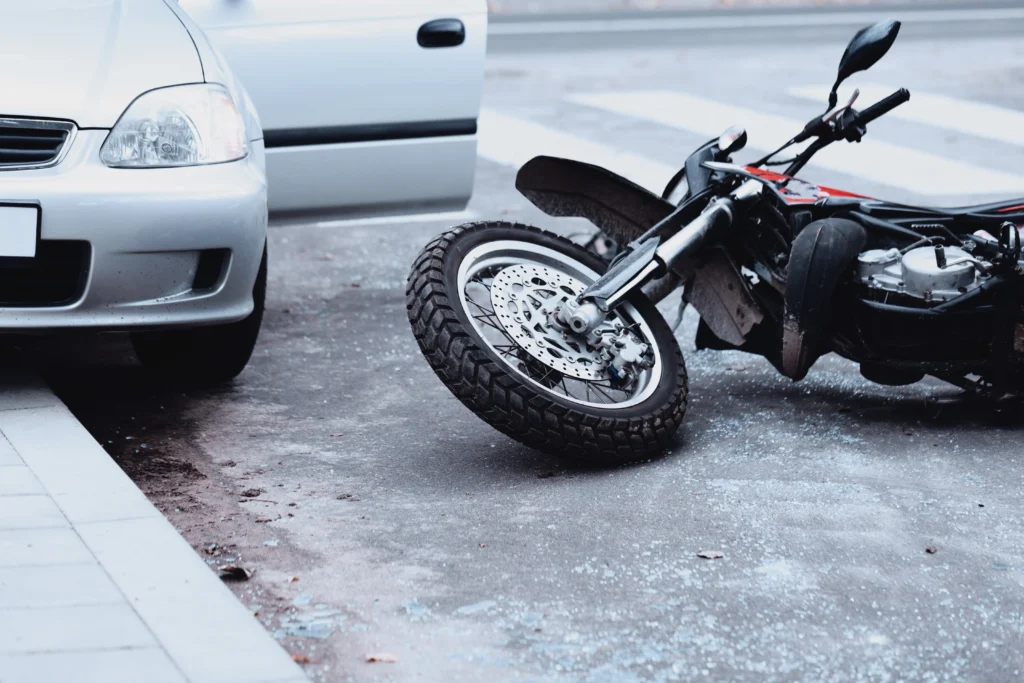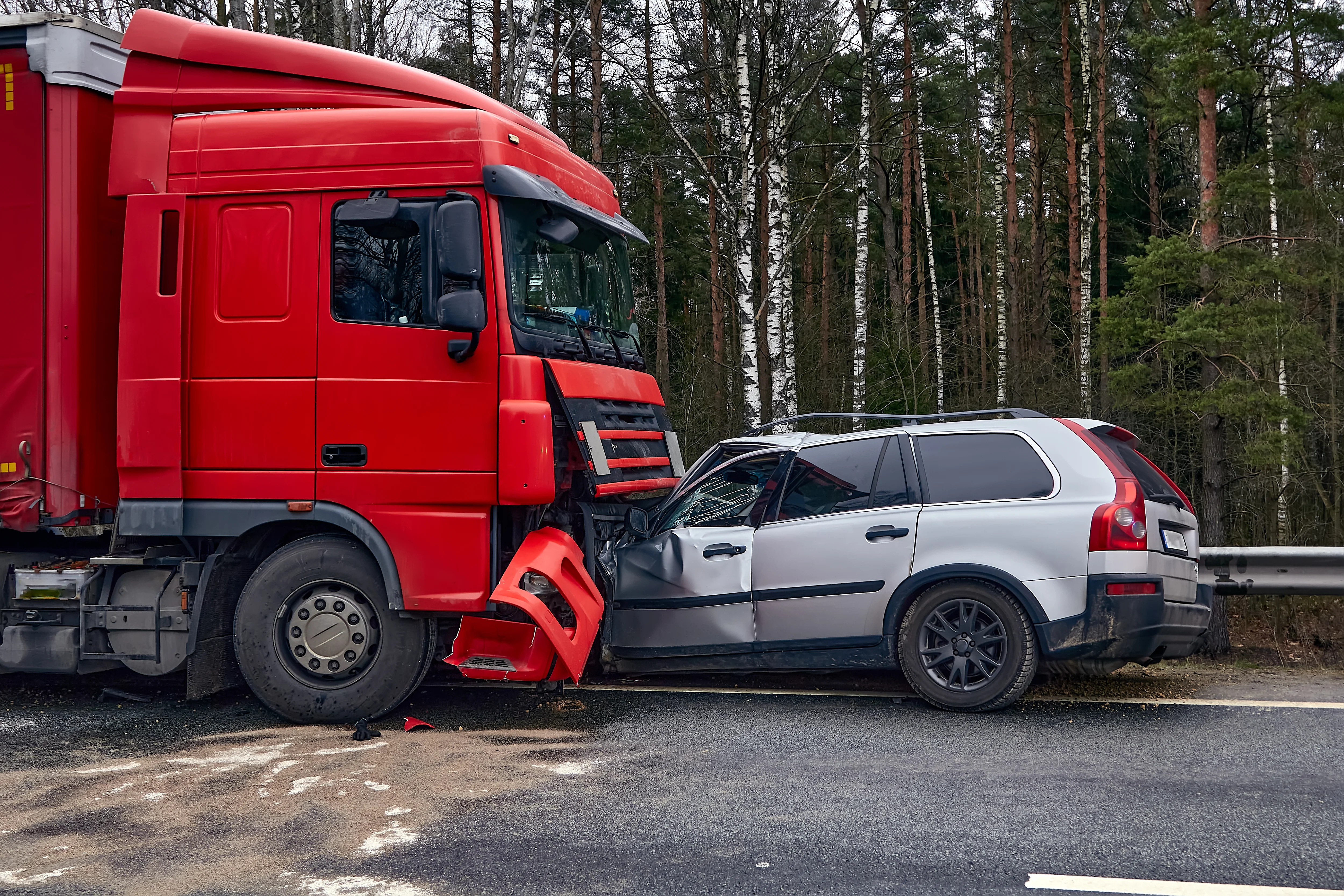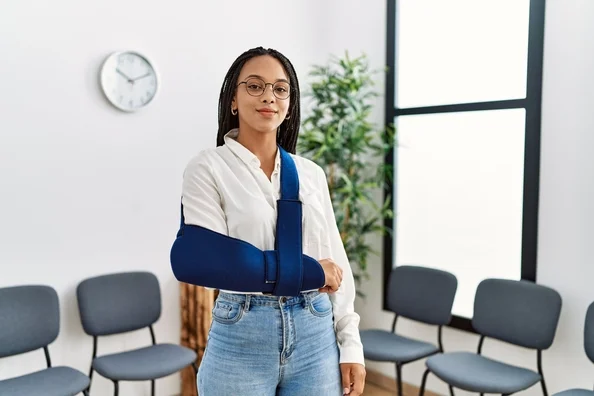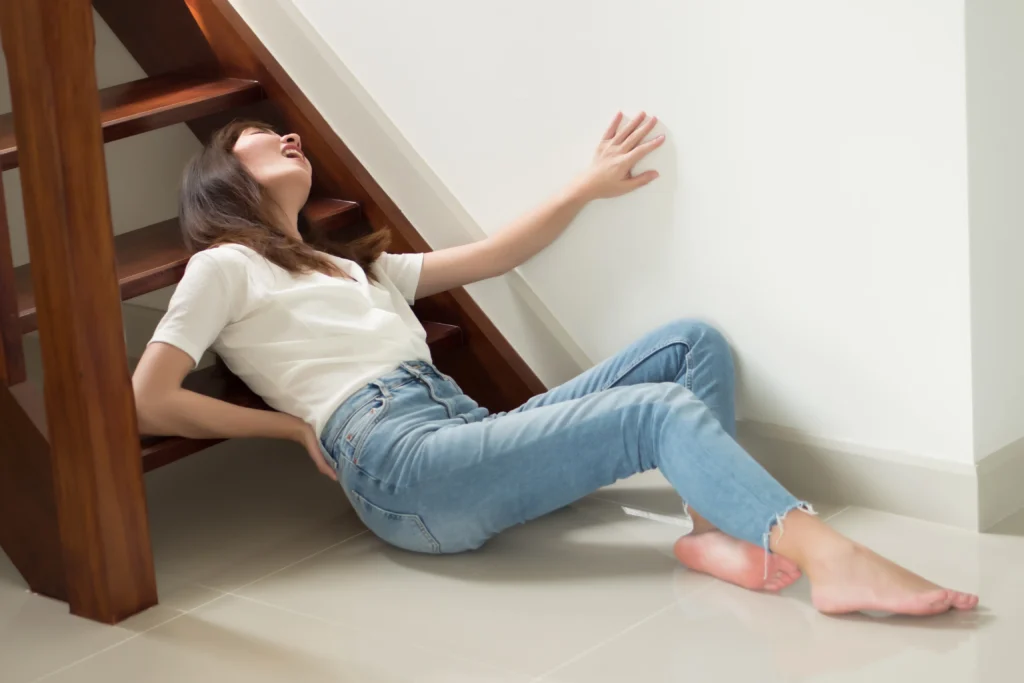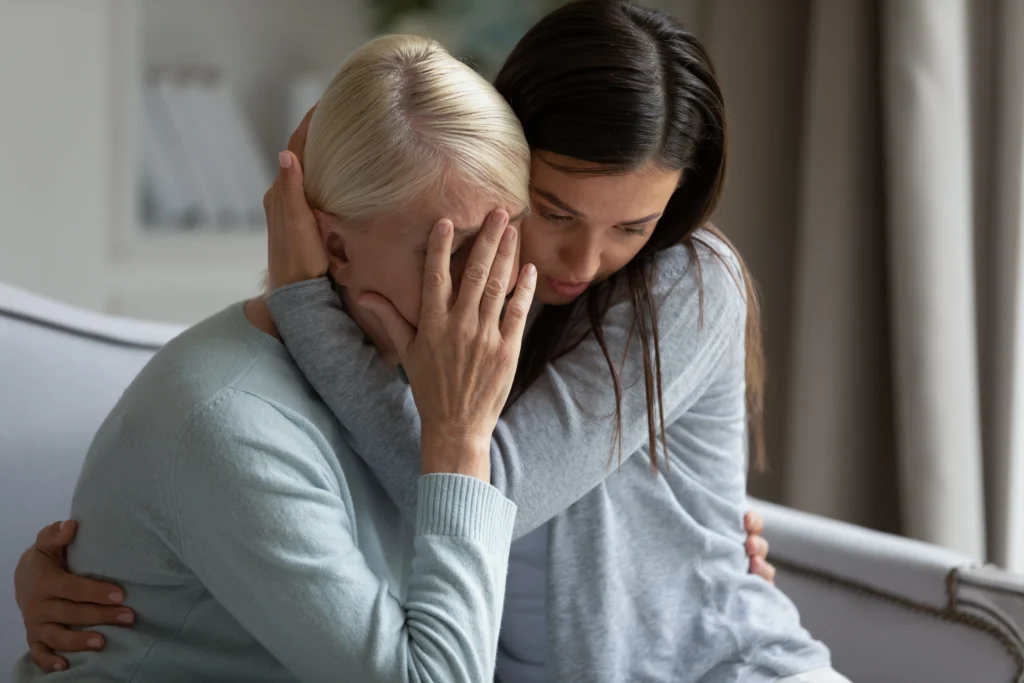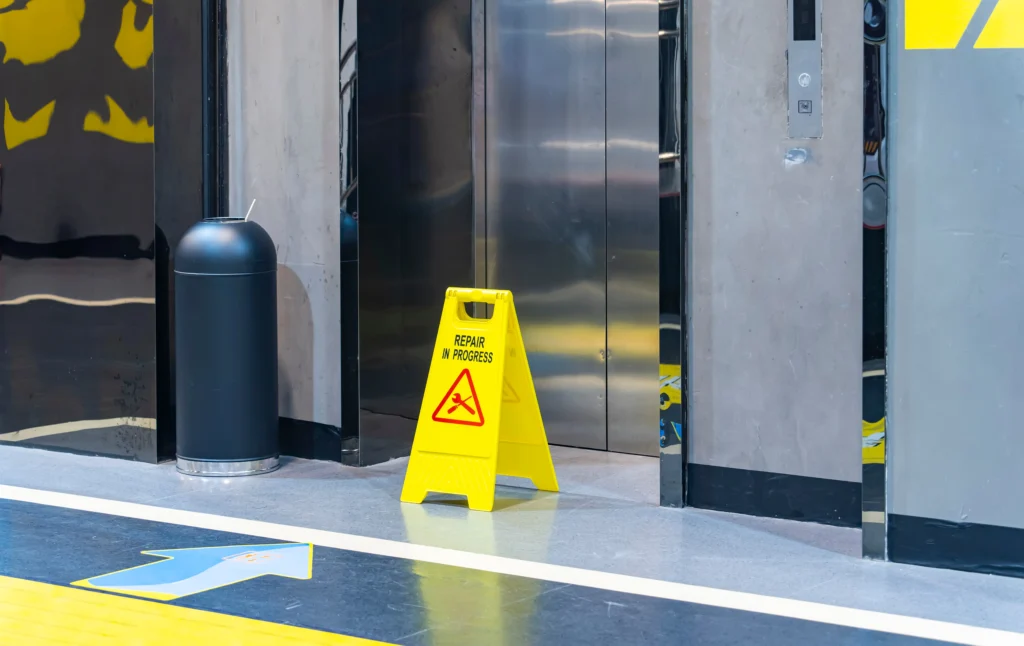Slip and Fall Accident Lawyer in Reno, Nevada
Slip and fall accidents might seem minor at first, but they can result in serious injuries with long-term consequences, especially when property owners fail to maintain a safe environment. In Reno, victims of these incidents often face steep medical bills, lost wages, and emotional distress.
If you or a loved one suffered a slip and fall injury on someone else’s property, whether it was a grocery store, apartment complex, or casino, you may be entitled to compensation under Nevada premises liability laws. Working with an experienced attorney can help you navigate the complexities of these cases and hold negligent parties accountable.
Speak with a Reno slip and fall attorney today to understand your rights and take the first step toward financial recovery.
Contact a Reno slip and fall attorney today for a free consultation.
Common Causes of Slip and Fall Accidents in Reno
Many slip and fall cases stem from dangerous property conditions that could have been prevented. Here’s a closer look at specific scenarios where negligence may play a role.
Wet or Slippery Floors
Retail stores, hotel lobbies, and casino floors are frequently cleaned, but when staff fail to place proper signage, visitors can unknowingly step into danger. Liquid spills in grocery stores are among the most common causes of slip and fall claims in Nevada.
For example, a shopper at a Reno supermarket slips on a spilled beverage with no warning sign in sight, resulting in a fractured hip.
Uneven Surfaces and Flooring Hazards
Defective flooring materials, loose mats, or abrupt changes in floor levels can easily cause a trip and fall. Cracked pavement in parking lots and sidewalks also poses a serious risk, especially to the elderly.
For example, a tenant trips on a torn carpet in an apartment stairwell, sustaining a back injury that requires surgery.
Poor Lighting
Dim lighting in stairwells, walkways, or garages reduces visibility, often hiding hazards that would otherwise be avoidable. Nevada law expects landlords and business owners to ensure proper lighting.
For example, a visitor at a Reno office building trips over an extension cord in a poorly lit hallway, leading to a head injury.
Broken or Missing Handrails
Staircases and ramps lacking secure handrails violate building safety codes. Falls on stairs are especially dangerous and can lead to traumatic brain injuries or spinal cord damage.
For example, a guest at a downtown Reno hotel slips on a staircase with no railing and falls two stories.
Ice and Snow Accumulation
While Reno doesn’t experience extreme winter weather like other regions, snowfall and ice can still create slippery outdoor walkways. Property owners are responsible for clearing these hazards in a timely manner.
For example, a postal worker slips on untreated ice outside a business entrance during early morning delivery rounds.
Nursing Home Neglect
Slip and fall injuries are particularly common in nursing homes and assisted living facilities. When staff fail to assist residents or fail to keep walkways safe, they may be liable for negligence or even elder abuse.
For example, an elderly resident falls in the bathroom due to a lack of supervision and absence of grab bars, suffering a broken pelvis.
Injuries Commonly Caused by Slip and Fall Accidents
Slip and fall injuries can disrupt a person’s life in an instant. From broken bones to life-altering brain damage, these injuries often require extensive medical intervention, ongoing therapy, and even long-term disability care. Understanding the different types of injuries and their consequences is crucial when building a strong personal injury case.
Bone Fractures
Bone fractures are one of the most common outcomes of a serious fall. When a person loses balance and instinctively reaches out to catch themselves, the impact can lead to painful and complex breaks.
Hip Fractures
Hip fractures are especially dangerous for older adults. The Centers for Disease Control and Prevention (CDC) reports that over 95% of hip fractures are caused by falls. These injuries often require surgery and lengthy rehabilitation, and they can significantly reduce a person’s mobility and independence.
Wrist and Ankle Fractures
Falling onto an outstretched hand or twisting an ankle during a misstep often leads to fractures that require casting or even surgical repair. These injuries can make daily activities, like driving or working, nearly impossible during recovery.
Traumatic Brain Injuries (TBIs)
TBIs are among the most serious consequences of slip and fall accidents, especially when the head strikes a hard surface like concrete or tile. Even mild head trauma can cause long-term neurological symptoms.
Concussions and Brain Hemorrhages
Concussions are common in slip and fall accidents and can lead to persistent symptoms like dizziness, confusion, and memory loss. In more severe cases, a fall can cause intracranial bleeding or brain swelling, conditions that may require emergency surgery. According to the Mayo Clinic, symptoms of a TBI may not appear immediately, making medical evaluation crucial after any fall.
Spinal Cord Injuries
Damage to the spine can lead to partial or full paralysis, depending on the location and severity of the injury. These cases are complex and often involve long-term rehabilitation or permanent disability.
Herniated Discs and Paralysis
A slip that results in a hard landing on the tailbone or back can cause herniated discs, pinched nerves, or worse, permanent damage to the spinal cord. Victims may experience chronic pain, numbness, or complete loss of mobility. The Christopher & Dana Reeve Foundation offers insights into how spinal cord trauma affects different parts of the body and the long road to recovery.
Soft Tissue Injuries
While soft tissue injuries might sound minor, they can have lingering effects and even lead to chronic pain or limited mobility if untreated.
Sprains, Strains, and Ligament Tears
Common in ankles, knees, and shoulders, these injuries can result from awkward twists during a fall. A torn ligament may require surgery, and even minor sprains can affect mobility for weeks. According to Cleveland Clinic, these types of injuries are often underestimated, yet they can be just as disabling as fractures.
Internal Injuries
Not all injuries are visible. Internal bleeding or damage to vital organs can be fatal if not diagnosed early. These types of injuries are especially dangerous because symptoms can be delayed.
Organ Damage and Hemorrhaging
Falling onto a hard surface can cause trauma to internal organs like the liver or spleen. If bleeding occurs internally, the victim may go into shock without even realizing it. The Johns Hopkins Medicine site warns that signs of internal bleeding can include lightheadedness, confusion, and abdominal pain.
Psychological and Emotional Trauma
The emotional toll of a slip and fall injury is often underestimated. Fear of falling again can become a barrier to living a full and independent life.
Anxiety, Depression, and PTSD
Especially in elderly individuals, a serious fall can cause long-term psychological effects. Victims may avoid walking without assistance, stop leaving their homes, or become socially isolated. The National Institute on Aging emphasizes the importance of addressing both physical and mental health after a fall.
Understanding Premises Liability in Nevada
In Nevada, slip and fall cases are governed by premises liability law, a legal framework that holds property owners and occupiers responsible for maintaining reasonably safe conditions. If someone is injured due to a hazardous condition on the property, the owner may be liable if they knew or should have known about the danger.
The Duty of Care Owed by Property Owners
Property owners, including business operators, landlords, and government entities, owe a legal duty to keep their premises safe for visitors. This responsibility includes regularly inspecting the property, repairing hazards, and posting clear warnings when immediate repairs are not possible.
Invitees, Licensees, and Trespassers
Nevada law categorizes visitors into three groups.
- Invitees, Individuals invited onto the property for business purposes, such as customers in a store. They are owed the highest duty of care.
- Licensees, Social guests or others lawfully on the property. Owners must warn licensees of known dangers.
- Trespassers, Those unlawfully on the property. Owners typically owe them the lowest duty of care, though some exceptions apply (such as for children).
To learn more about these classifications, the Nevada Legislature’s NRS 41.515 provides official definitions and standards.
Proving Negligence in a Slip and Fall Case
To hold a Reno property owner legally responsible for a slip and fall injury, you’ll need to establish that their negligence directly caused your harm. Nevada law outlines specific conditions that must be proven in a premises liability claim.
A Hazardous Condition Existed
The first element in any slip and fall case is identifying the specific hazard that caused the fall. This might include wet floors, uneven pavement, loose carpeting, or poor lighting. Documenting the hazard through photos or incident reports is a crucial first step in building your case.
The Owner Knew or Should Have Known About It
You must demonstrate that the property owner either had actual knowledge of the dangerous condition or that it existed long enough that a reasonable person would have discovered it. This is often proven through maintenance records, staff logs, or witness statements. According to Nolo Legal Encyclopedia, this element is known as “constructive knowledge” in legal terms.
They Failed to Fix It or Warn About It
Even when owners become aware of a hazard, they must take action to eliminate it or provide adequate warnings, such as wet floor signs, caution tape, or barriers. Failing to act within a reasonable time frame can be grounds for liability. This failure is considered a breach of the owner’s “duty of care.”
That Failure Caused the Accident and Resulting Injuries
The final piece of the puzzle is causation, proving that the owner’s failure to act was the direct cause of your fall and injuries. Medical records, accident reports, and expert testimony (like from a safety engineer or medical specialist) can help link the unsafe condition to your specific injuries.
Evidence such as surveillance footage, incident reports, maintenance logs, and eyewitness testimony can be crucial to establishing liability.
Comparative Negligence in Nevada
Nevada follows a modified comparative negligence rule, which means your compensation may be reduced if you are partially at fault. However, as long as you are found to be less than 51% responsible, you may still recover damages. For a deeper legal explanation, see NRS 41.141.
What To Do After a Slip and Fall Accident in Reno
The steps you take immediately after a slip and fall can significantly affect your ability to recover compensation. Proper documentation, medical care, and legal guidance are essential to building a strong personal injury case. Below are critical actions to follow if you’re injured on someone else’s property in Reno.
Seek Medical Attention Right Away
Your health should always be your top priority. Some injuries, like concussions, spinal trauma, or internal bleeding, may not show symptoms immediately but can worsen without timely treatment. Additionally, a medical evaluation creates a formal record that connects your injuries to the accident.
Don’t Delay Treatment
Visit an urgent care center, emergency room, or primary care physician as soon as possible. This ensures your condition is properly evaluated and begins a paper trail for your case. According to Cleveland Clinic, early diagnosis improves both physical outcomes and the strength of your legal claim.
Report the Incident to the Property Owner
Notifying someone in charge is critical to documenting the incident. Whether it’s a store manager, landlord, or hotel front desk, reporting the fall ensures the property owner is aware and can create a written report.
Ask for a Written Incident Report
Insist that a report be filled out immediately after the fall and request a copy for your own records. This will help confirm the date, time, and location of your accident, all key details when building a personal injury claim.
Document the Scene
Evidence often disappears quickly, especially in public places. If you’re physically able, gather as much information as possible about the scene where your fall occurred.
Take Photos and Collect Contact Info
Photograph the exact location, any hazardous conditions (wet floors, uneven tiles, missing handrails), and your visible injuries. If there are witnesses, ask for their names and phone numbers. The National Safety Council stresses the importance of gathering this kind of documentation early, before the scene is cleaned or repaired.
Be Careful What You Say
Anything you say after the accident, even casual remarks, can be used by insurers or defense attorneys to weaken your case. Stay calm and limit communication about the incident until you’ve received legal advice.
Don’t Admit Fault or Give Recorded Statements
Avoid making statements like “I wasn’t watching where I was going.” These remarks can be misinterpreted and used to argue that you were partially or fully at fault. Politely decline to give statements to property owners or insurance reps until you’ve spoken to a lawyer.
Contact a Reno Slip and Fall Attorney
Navigating a personal injury case alone can be overwhelming. An experienced attorney can help you gather evidence, establish liability, and pursue compensation for your injuries.
Why Legal Help Matters
Insurance companies often try to settle quickly and for less than you deserve. A skilled Reno slip and fall lawyer, like those at Ed Bernstein Injury Lawyers, can negotiate on your behalf, handle communication with insurers, and prepare your case for trial if needed. Learn more about how slip and fall cases work on Nolo’s legal resource hub.
Compensation You May Be Entitled to After a Slip and Fall in Reno
Slip and fall accidents can leave victims with mounting medical bills, lost wages, and emotional trauma. If your fall was caused by a property owner’s negligence, you may be eligible for compensation under Nevada’s personal injury laws. The amount you can recover depends on the severity of your injuries, the long-term impact on your life, and the strength of your case.
Medical Expenses
Medical costs are often the largest part of a slip and fall settlement. These can include both immediate and long-term care expenses.
Emergency Care and Hospital Bills
If you were taken to the ER after your fall, those costs, including ambulance transportation, diagnostic imaging (like X-rays or MRIs), and physician evaluations, are typically recoverable. Even a single ER visit can run into thousands of dollars. According to Healthcare.gov, emergency care is one of the top drivers of out-of-pocket medical debt.
Ongoing and Future Medical Treatment
You may also be compensated for physical therapy, surgeries, prescription medications, and follow-up visits. If your injuries require long-term care or assistive devices like wheelchairs, these future expenses should also be factored into your claim.
Lost Wages and Reduced Earning Capacity
Injuries from a slip and fall can prevent you from working for days, weeks, or even months, especially if your job involves physical labor or prolonged standing.
Time Off Work
You can recover lost income for the time you were unable to work due to your injuries. Pay stubs, employer letters, and tax documents are used to support this part of your claim.
Diminished Earning Potential
If your injuries leave you unable to return to your previous job or reduce your ability to earn income in the future, you may be entitled to additional compensation. A vocational expert or economic analyst may be used to calculate these damages. The U.S. Department of Labor outlines how injuries can affect career prospects, especially for those with physically demanding jobs.
Pain and Suffering
Not all damages are financial. You may also be compensated for the physical pain and emotional distress caused by the fall.
Physical Pain and Chronic Discomfort
Injuries like broken bones, nerve damage, or spinal issues can cause long-term pain that affects your ability to enjoy life or complete daily tasks. Nevada law allows injured victims to seek “non-economic damages” for these impacts.
Emotional and Psychological Distress
Slip and fall accidents can also cause anxiety, depression, or post-traumatic stress, especially in older victims who may become fearful of walking independently again. These effects are real and should be considered when valuing your case. Organizations like Mental Health America offer support for injury-related mental health challenges.
Punitive Damages (In Rare Cases)
While not common, punitive damages may be awarded in rare slip and fall cases where the property owner’s conduct was not just negligent, but grossly reckless, malicious, or intentionally harmful. These damages go beyond compensating the victim and are intended to punish the defendant for extreme misconduct and deter similar behavior in the future.
When Are Punitive Damages Awarded?
Examples might include a business knowingly leaving a hazardous condition unaddressed for weeks, or actively covering up a known safety issue. Punitive damages are meant to punish the wrongdoer and deter similar behavior in the future. The criteria for these awards are outlined in NRS 42.005.
Who Is Liable for a Slip and Fall Accident in Reno?
Determining liability in a slip and fall case isn’t always straightforward. While property owners are often the first to be held accountable, liability can also extend to tenants, maintenance contractors, or even government agencies. Identifying the correct party, or parties, is essential for securing fair compensation.
Property Owners
Property owners in Nevada are responsible for maintaining reasonably safe conditions for all lawful visitors. If they fail to repair hazards or warn about dangers in a timely manner, they may be held liable for resulting injuries.
Commercial Property Owners
Owners of shopping centers, hotels, casinos, and other commercial spaces have a heightened duty of care to ensure walkways, entryways, and public spaces are safe. According to Premises Liability Law, they are expected to conduct routine inspections and address any hazards promptly.
Residential Property Owners
Homeowners and landlords also have legal responsibilities. If a tenant or guest slips on a broken stair, loose tile, or icy walkway, the property owner may be at fault, especially if the danger was reported and ignored.
Business Operators and Tenants
In leased commercial spaces like restaurants or retail stores, the tenant, not the property owner, may be responsible for maintaining certain areas. Liability typically depends on what part of the property the fall occurred on and who controls that space.
Store Owners or Franchisees
If a spill happens inside a store and employees fail to clean it or warn customers, the store itself may be liable. Franchise owners may also bear responsibility if the parent company delegates day-to-day operations to them.
Maintenance and Janitorial Contractors
Some property owners hire third-party maintenance crews to clean or repair facilities. If a janitorial company fails to put out a “wet floor” sign after mopping, and someone falls as a result, that company could be named in the claim.
Third-Party Negligence
In cases where multiple parties share responsibility, your attorney can investigate who failed to uphold safety obligations. The American Bar Association notes that liability can sometimes be split between contractors and property owners.
Government Entities
If you slip and fall on city or county property, like a sidewalk, park, or government building, your case may involve special rules and shorter deadlines.
Filing Claims Against Government Entities
In Nevada, you must file a formal notice of claim against a government agency within a limited time frame. These claims are governed by the Nevada Tort Claims Act. Failing to follow proper procedures could result in losing your right to recover compensation. You can learn more from the Nevada State Board of Examiners.
Contact a Reno Slip and Fall Lawyer Today
If you or someone you love has been injured in a slip and fall accident, don’t wait to get the help you deserve. These cases can be complex, and evidence disappears quickly. Whether your fall occurred in a grocery store, apartment building, casino, or public space, you may be entitled to compensation for your medical bills, lost wages, and pain and suffering.
The experienced legal team at Ed Bernstein Injury Lawyers is here to guide you every step of the way, from investigation to negotiation to trial if necessary. We’ve helped countless clients in Reno hold negligent property owners accountable, and we’re ready to fight for you.
Schedule a free consultation with a Reno slip and fall attorney today.
Practice Areas
Trust Ed BernsteinWith Your Personal Injury Claim
If you or a loved one have been injured, Ed Bernstein Injury Lawyers will fight for you every step of the way. We will give our all to secure the compensation you rightfully deserve.
Contact usfor a free consultation.
Phone: (702) 707-6068
